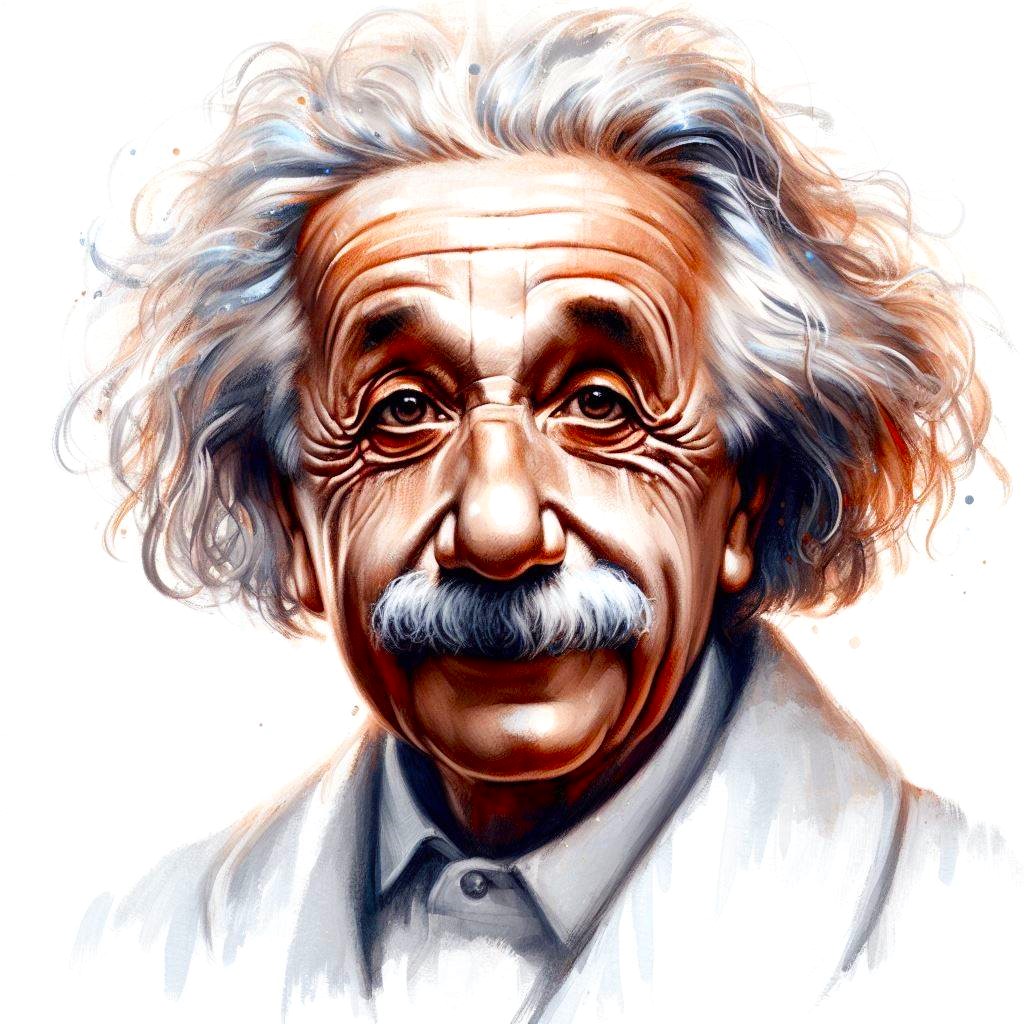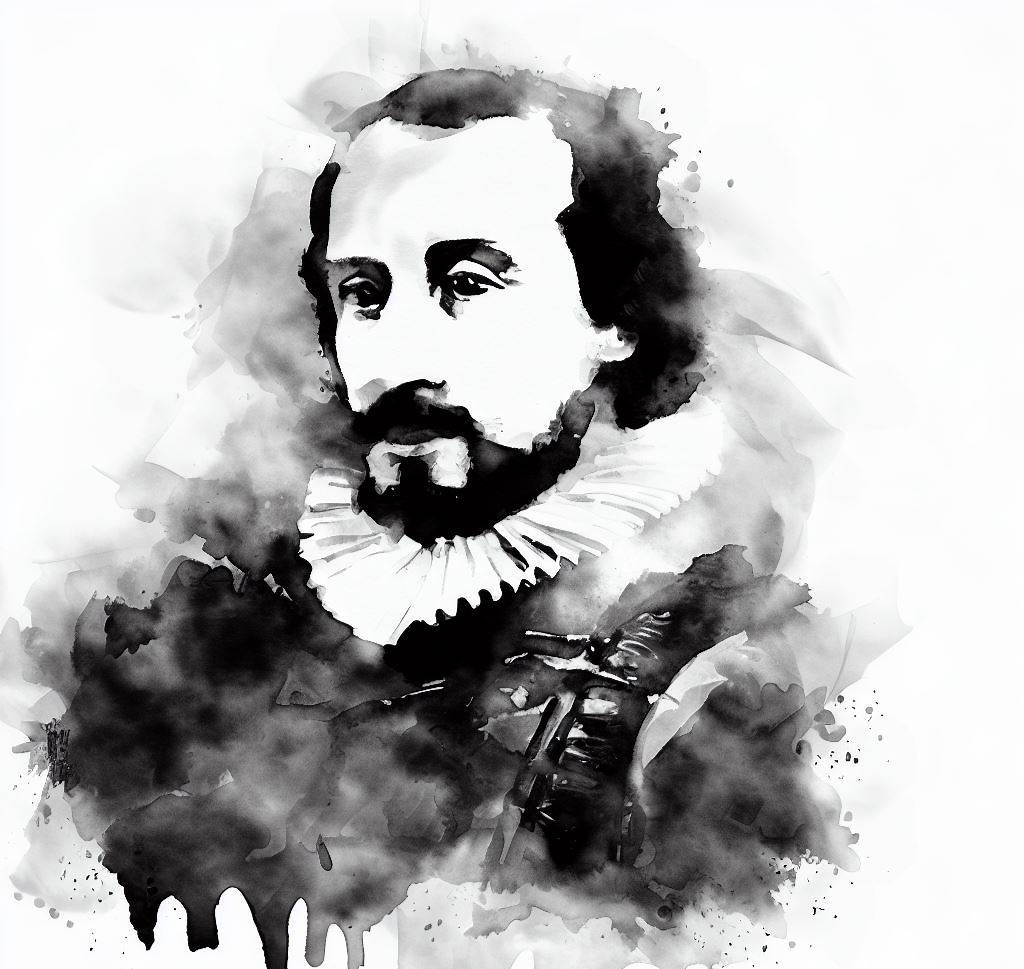Ernest Hemingway 1899–1961
An American novelist and journalist, Ernest Hemingway shaped 20th-century literature with his concise and subtle writing style.
An American novelist and journalist, Ernest Hemingway shaped 20th-century literature with his concise and subtle writing style.
Benjamin Franklin, a ‘polymath‘ and one of the Founding Fathers of the United States, made significant contributions in various fields.
Inventor and Scientist
Franklin is renowned for his experiments with electricity. His famous kite experiment demonstrated the connection between lightning and electricity.
He invented practical devices such as the lightning rod, bifocals, and the Franklin stove.
Statesman and Diplomat
Franklin played a crucial role in drafting the United States Constitution and the Declaration of Independence.
He served as the United States Ambassador to France during the American Revolutionary War, securing French support for the American cause.
Writer and Publisher
Franklin was a prolific writer and publisher. His “Poor Richard’s Almanack” contained witty proverbs and practical advice.
He founded the first public lending library in America and established the University of Pennsylvania.
Philanthropist and Civic Leader
Franklin was deeply committed to civic causes. He helped establish fire departments, hospitals, and educational institutions.
His philanthropic efforts extended to the creation of the Philadelphia Contributionship, one of the earliest insurance companies.
Legacy:
Benjamin Franklin’s legacy endures through his contributions to science, literature, and the foundation of the United States.
His wit, and wisdom continue to inspire generations.
A polymath is an individual whose knowledge spans over a substantial number of subjects. They are known to draw on complex bodies of knowledge to solve specific problems. The term comes from the Greek word ‘polymathēs,’ which means ‘having learned much.’
Polymaths excel in various fields, including science, technology, engineering, mathematics, and the arts. They embody the idea that humans are limitless in their capacity for development and should embrace all knowledge to develop their abilities fully.
Thank you Wikipedia.
Albert Einstein 1879 – 1955 was a German-born theoretical physicist who is widely held to be one of the greatest and most influential scientists of all time.


Jane Austen was an English novelist known primarily for her six novels. Hew novels implicitly interpret, critique, and comment upon the British landed gentry at the end of the 18th century.

Jerome K Jerome was an English writer and humourist, best known for the comic travelogue ‘Three Men in a Boat.’
Alfred Lord Tennyson 1809 – 1892
Lord Tennyson was an English poet. He was the Poet Laureate during much of Queen Victoria’s reign.
Christmas is a time of joy
A time to celebrate and enjoy
The birth of our Savior and King
Who came to earth to bring
Peace and love to all mankind
And hope for those who seek and find
Christmas is a time of grace
A time to forgive and embrace
The ones who hurt us or make us sad
And remember the good times we had
With family and friends who are dear
And wish them all a happy new year
Christmas is a time of light
A time to shine and delight
The world with our gifts and talents
And share our blessings and abundance
With those who are in need or alone
And make them feel they have a homeThe image was AI generated too.
Charles Schulz was an American cartoonist and the creator of the comic strip Peanuts, featuring his two best-known characters, Charlie Brown and Snoopy.
Norman Vincent Peale was an American Protestant clergyman and an author best known for popularizing the concept of positive thinking, especially through his best-selling book The Power of Positive Thinking
Rudolph the Red-Nosed Reindeer – Rudolph is usually depicted as the ninth and youngest of Santa Claus’s reindeer, using his luminous red nose to lead the reindeer team and guide Santa’s sleigh on Christmas Eve.
Though Rudolph initially receives ridicule for his bright red nose, the brightness is so powerful that it illuminates Santa’s path through dark winter weather.
The original story of Rudolph the Red-Nosed Reindeer was written by, Robert May.
First publication of the short story was in 1939.

Henry Wadsworth Longfellow: (1807 – 1882) was an American poet and educator. He was a beloved American poet of the 19th century, known for his lyrical and narrative poems.
Charles John Huffam Dickens, 1812 – 1870 was an English novelist and social critic who created some of the world’s best-known fictional characters and is regarded by many as the greatest novelist of the Victorian era.
Arguably, one of his best-known novels is: A Christmas Carol.
Margaret Hilda Thatcher, Baroness Thatcher was a British stateswoman and Conservative politician who served as Prime Minister of the United Kingdom from 1979 to 1990 and Leader of the Conservative Party from 1975 to 1990.
Theodor Seuss Geisel was an American children’s author and cartoonist. He is known for his work writing and illustrating more than 60 books under the pen name Dr. Seuss. He wrote the Children’s Christmas story: ‘How the Grinch Stole Christmas!‘

‘Don’t gain the world and lose your soul; wisdom is better than silver and gold’ – Bob Marley, a reggae singer-songwriter who reminds us of the futility of chasing material things.
Measure for Measure, Act 2, Scene 2.
O, it is excellent to have a giant’s strength, but it is tyrannous to use it like a giant.

Mohandas Karamchand Gandhi – was an Indian lawyer, anti-colonial nationalist and political ethicist who employed nonviolent resistance to lead the successful campaign for India’s independence from British rule.

Stan Lee was an American comic book writer, editor, publisher, and producer. He rose through the ranks of a family-run business called Timely Comics which would later become Marvel Comics.

This is from As You Like It, Act 2, Scene 7, where Jaques describes the ages of human life.

This quote is from Shakespeare’s play, Julius Caesar, Act 1, Scene 2, where Cassius tries to persuade Brutus to join the conspiracy against Caesar by appealing to his sense of free will.

Albert Einstein 1879 – 1955
Albert Einstein (1879 – 1955) was a German-born theoretical physicist who is widely held to be one of the greatest and most influential scientists of all time.
Best known for developing the theory of relativity.
John Lennon. 1940 – 1980
John Lennon was an English songwriter, singer, musician and peace activist who gained worldwide fame as the founder, co-songwriter, co-lead vocalist and rhythm guitarist of the Beatles.
Warren Edward Buffett is an American businessman, investor, and philanthropist. He is currently the chairman and CEO of Berkshire Hathaway. As a result of his immense investment success, Buffett is one of the best-known fundamental investors in the world.
As of October 2023, he possessed a net worth of $117 billion making him the seventh-richest person in the world.

Roman Payne – born 1977 is a novelist and poet currently living in political exile in Morocco. ‘The book, Wanderess’ – since its publication in 2013, has influenced art and cultures the world over according to a Goodreads review.
Isaac Asimov 1920 – 1992
This quote suggests that technology can be helpful and convenient, but also dangerous and unpredictable.
It warns us to be careful and responsible with how we use and create technology, as it may have unintended consequences or turn against us.